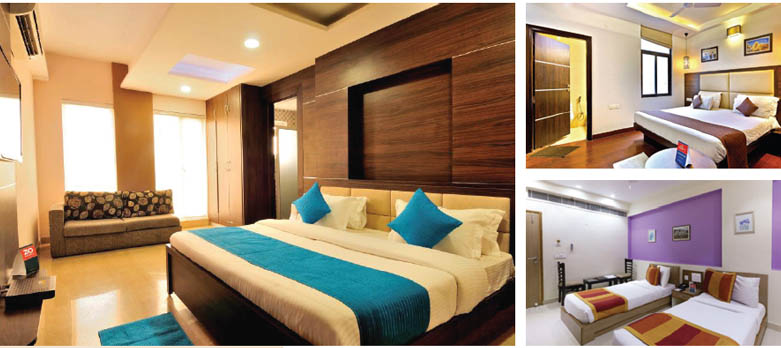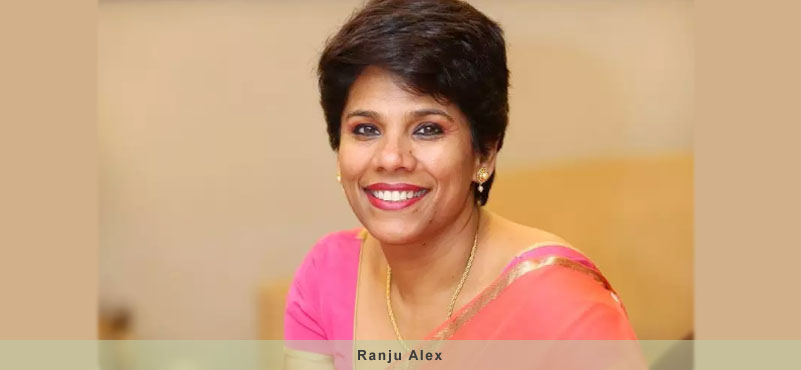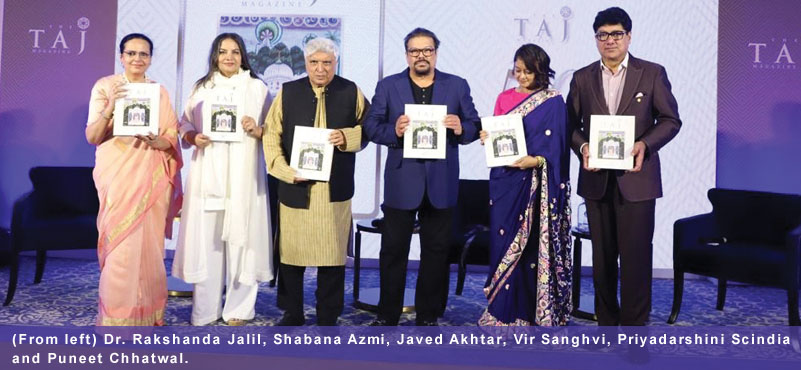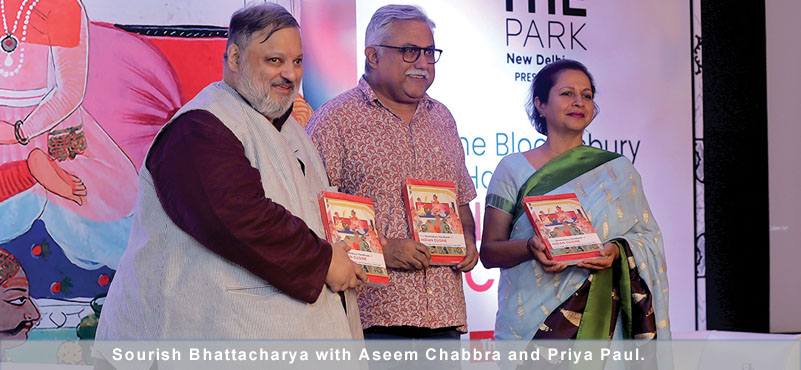ZO Rooms CEO Dharamveer Chauhan believes that hotel aggregators have helped improve the quality of service of stand-alone hotels, equipping them with requisite skills to compete in very competitive market. He is also upbeat on foraying into luxury segment with new launches.

CO-FOUNDER AND CEO,
ZO ROOMS
There has been a spurt in numbers of stand-alone hotels that are choosing to work under the fold of hotel-aggregators like yourself. Do you see this as the definitive trend ahead? Is this trend a result of their inability to compete with bigger brands?
One has to be able to evaluate strengths and weaknesses of being a stand-alone hotel. My family has been in this business for over three decades and whatever experience I have gained, I can tell you that as a stand-alone you have a better understanding of the city, its character, your cuisines can be extremely authentic and being local helps. You have a better knowledge of the terrain by the virtue of being from the place and operating there.
Whereas, they can’t compete with the level of skill, training and inventory of an established five star brand. They do not have access to vast sales and marketing team and their reach-out is genuinely limited.
Technology has changed the rules of the game. Lack of knowledge of how the online space operates must also be hindrance for these stand-alone properties?
Absolutely, yes. In the past three-four years the online boom has been unprecedented. The outreach created by the expansion of IT and internet, thanks to smartphones, has given a lot of visibility to hotels. Whereas, looking at the last three years occupancy and ARR’s are have constantly fallen for these hotels as their visibility is just not at par with chains of hotels that have lured clientele with a robust online presence and engagement. And, a lot of these hotels have not been able to understand why they have not been able to do well for themselves, despite being good at service and hospitality.
So, that is where you come in? What mechanisms do you put in place to make them more competitive?
Yes, the idea is to enable them better understand their shortcomings through a process which is uniform and strictly monitored through internal auditing. We engage with them at different levels helping them understand the value of better management skills, importance of feedback and basic hospitality skills to better serve their clientele.
Could you then point some value additions that you bring?
Well-established hotels do not face issues like infrastructural crunch, and management of supply chain. We improve the interface between hotels and consumers. The booking experience is smooth, you can order food, order a cab while booking rooms. These are some of the value-addition that we have brought.
Could you elaborate a little on the skill part? Is there a training program put in place?
We have a city-wise skill training programme. It is functional in each and every city we operate in and almost 80% of hotel partners are regular participants in it. We train them to maintain staff quality and regularly conduct exercises to enhance their interface skills. We, also, explain to them advantages of these exercises in helping grow their businesses. And, they do understand and are extremely open to learning. This bodes well for the entire Indian hospitality fraternity.
You have primarily been a budget hotel aggregator. You started with Zostel, a budget hostel and now, as per media reports, are venturing into luxury segment with Zo prime and Zo star. What prompted this decision?
The decision is a recent one and is a result of demand. Zo prime is a mid-level accommodation which ranges from `2,700-3,500 and we only have 12 such properties in metro cities right now. Our change in market positioning is largely a customer driven change. We were catering to corporates, and as word of mouth spread, mid-level executives began enquiring about creating spaces which catered to them too. So, we decided to go ahead with the idea.
So your primary clientele are MICE travellers and corporates?
It is true that a majority of our clientele are corporate travellers – who need crisp, clean room and decent facilities, mostly for overnight stay. We have designed our inventory to ensure that guests stay remains hassle-free. We are located at prime locations, wherever we are. It does not mean that, though, we do serve leisure travellers. There is a healthy number of family and young travellers using our properties as well.
What is your take on footfalls? Has tourism improved in India? What is driving footfalls right now?
Basically, tourism is being driven by domestic MICE and international travellers. Domestic leisure has also seen a growth thanks to information age, awareness about new destinations and concepts like weekend getaway coming in vogue. Electronic travel visa facility and announcement of visa-on-arrival has had a positive impact on the perception of our country that we are open to receiving guests.
But, only having good hotels will not cut the deal. What about the add-ons? Our monuments and history is not well-preserved. Compare it with a 500 year old site in Europe and you will see that we have a long way to go in order to make our products more marketable and accessible. Our local heritage, arts and craft is neither preserved nor marketed. Our destinations need newer products to keep them a busy centre for tourists. Unless all of it happens, we will not reach our full potential.
So you are not bullish?
No, on the contrary I am bullish. Simply because India is an unfolding story, it is an emerging economy and with so much FDI and businesses coming in, things are looking upbeat. The government has focused on entrepreneurship – which should boost MICE travel in tier-2 and tier-3 cities in the coming months. So, we have no reasons to worry on that front.




































